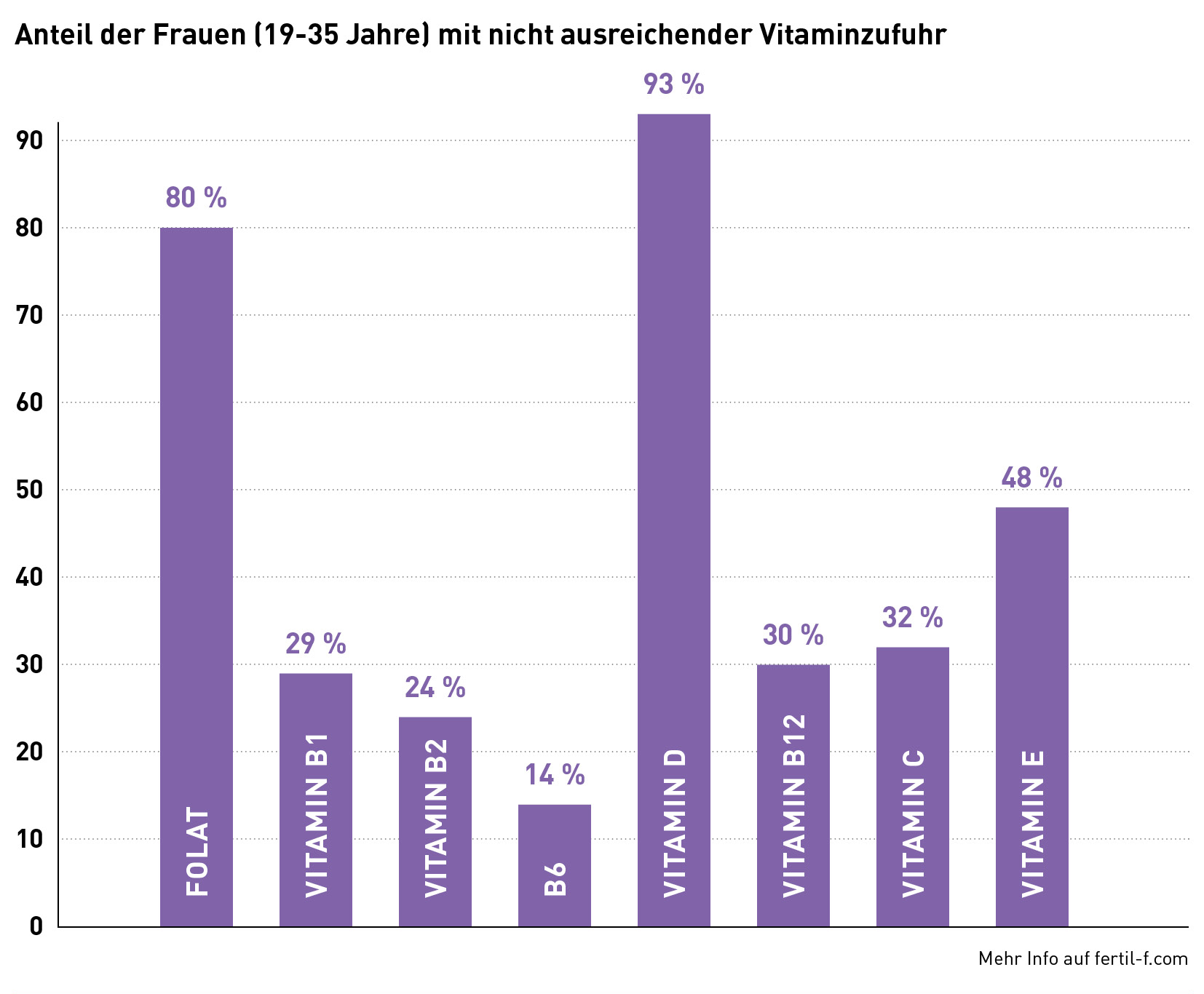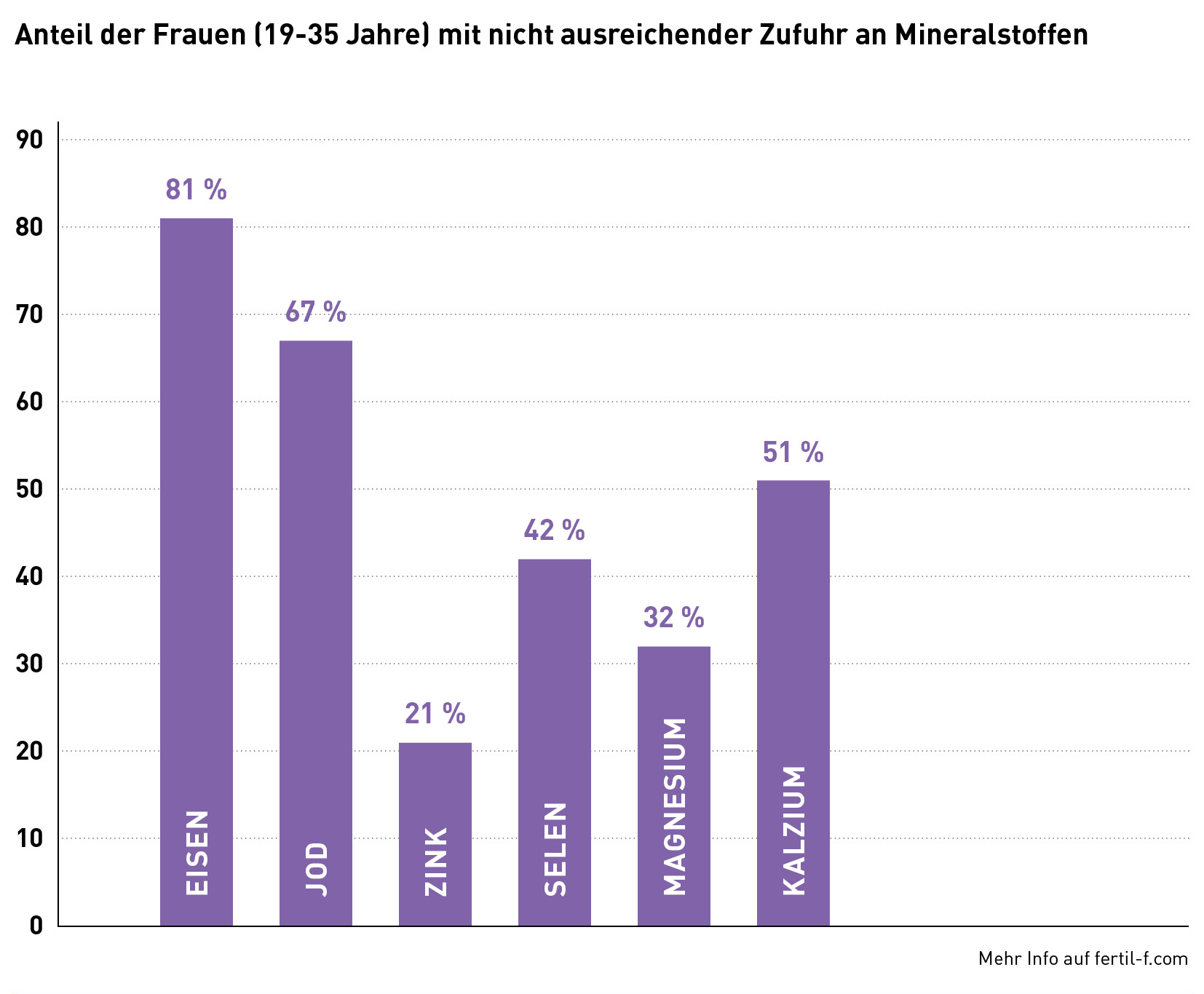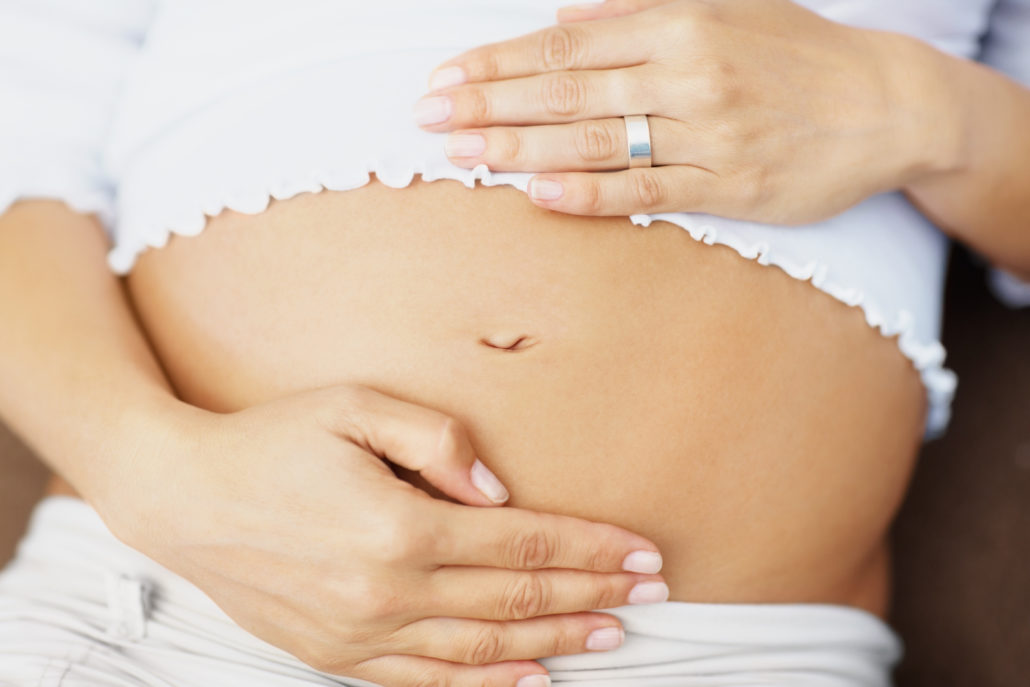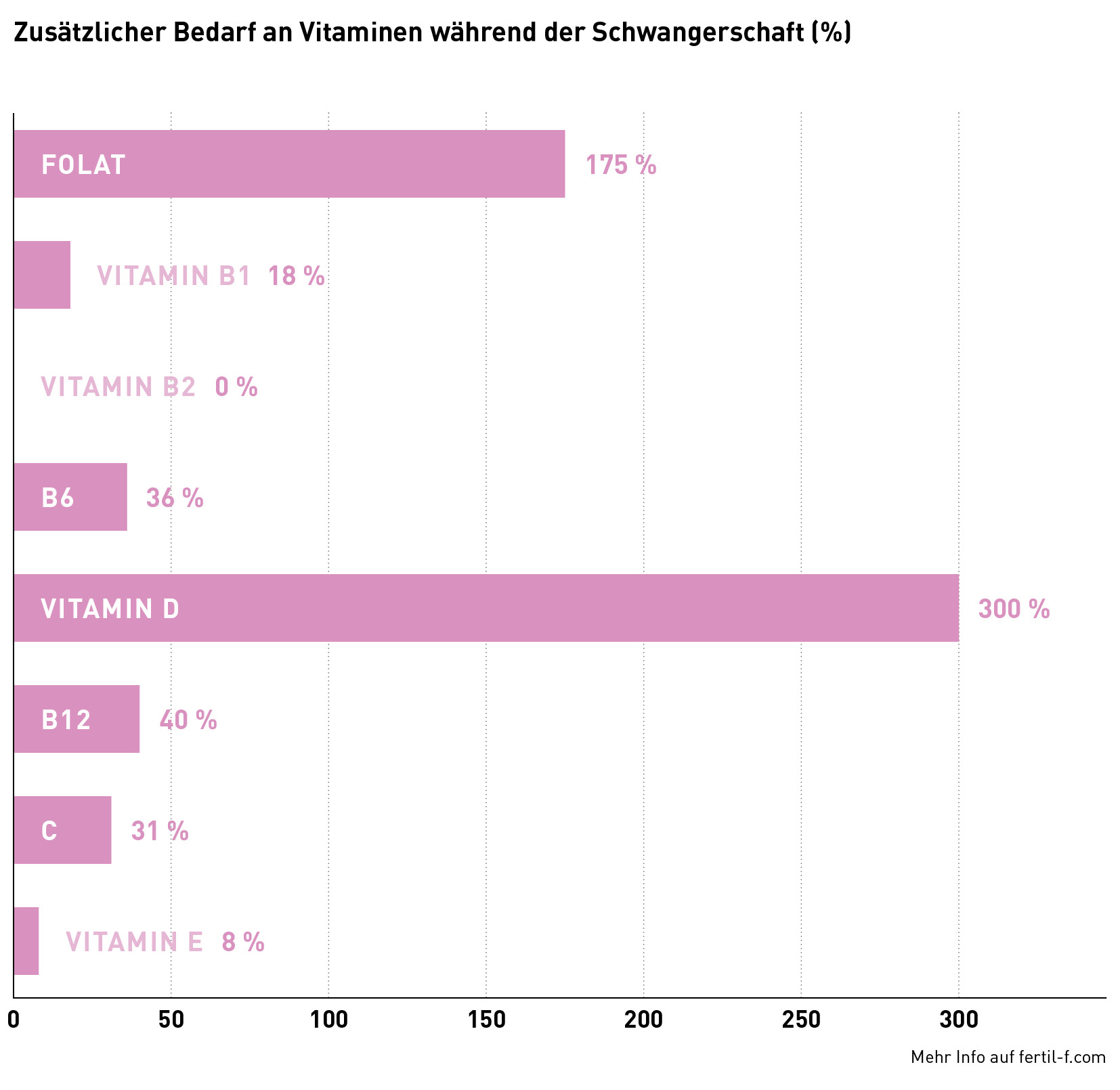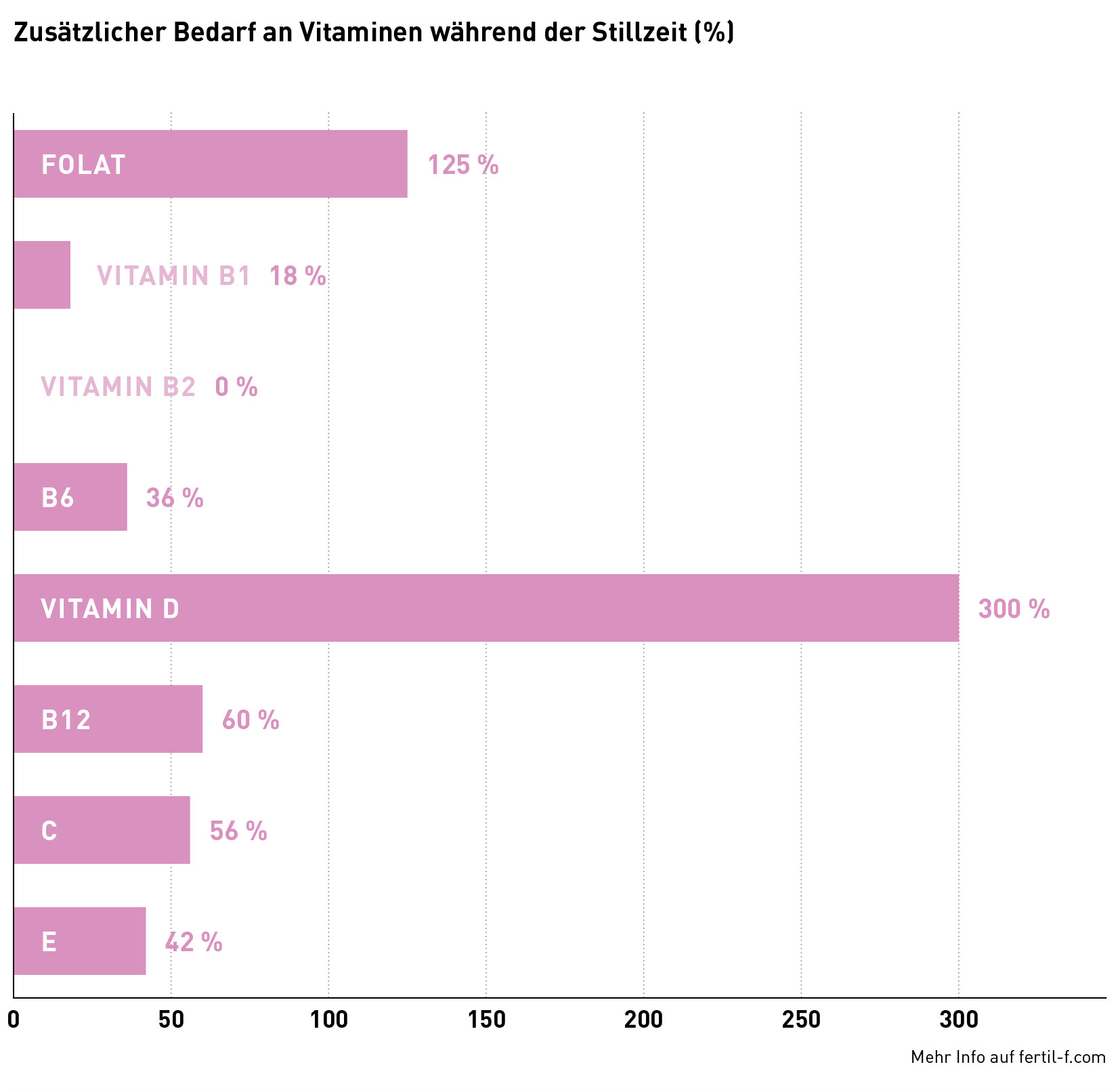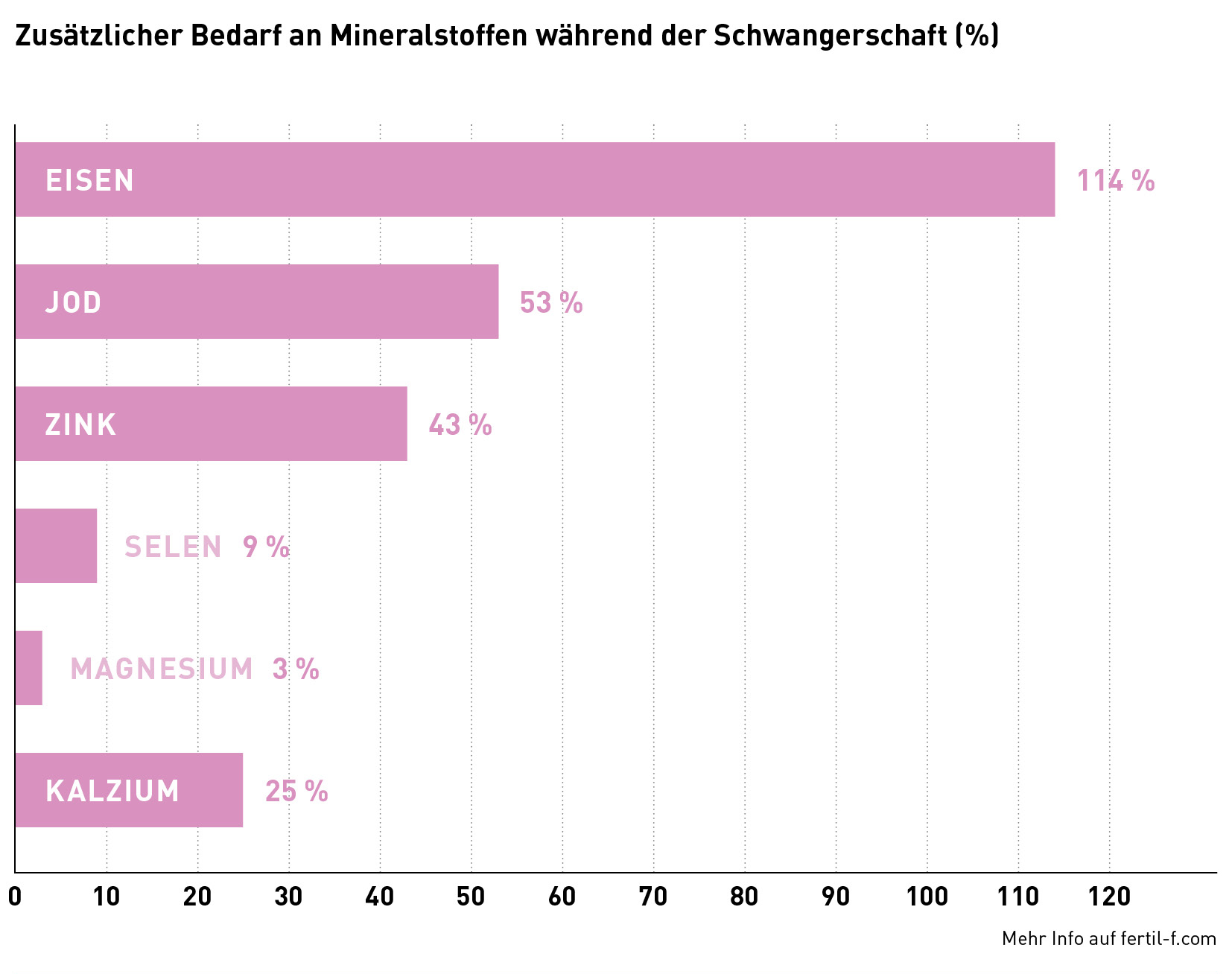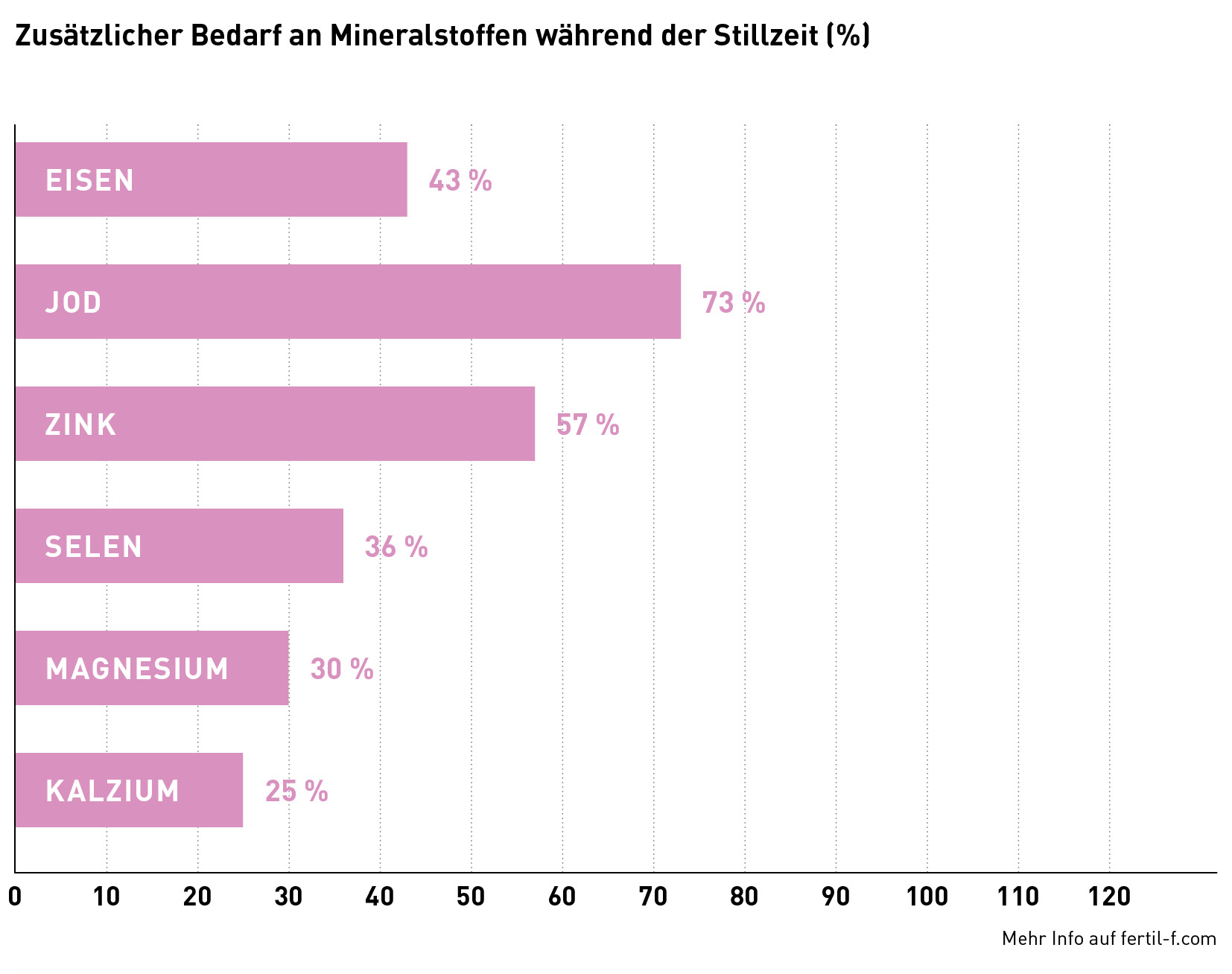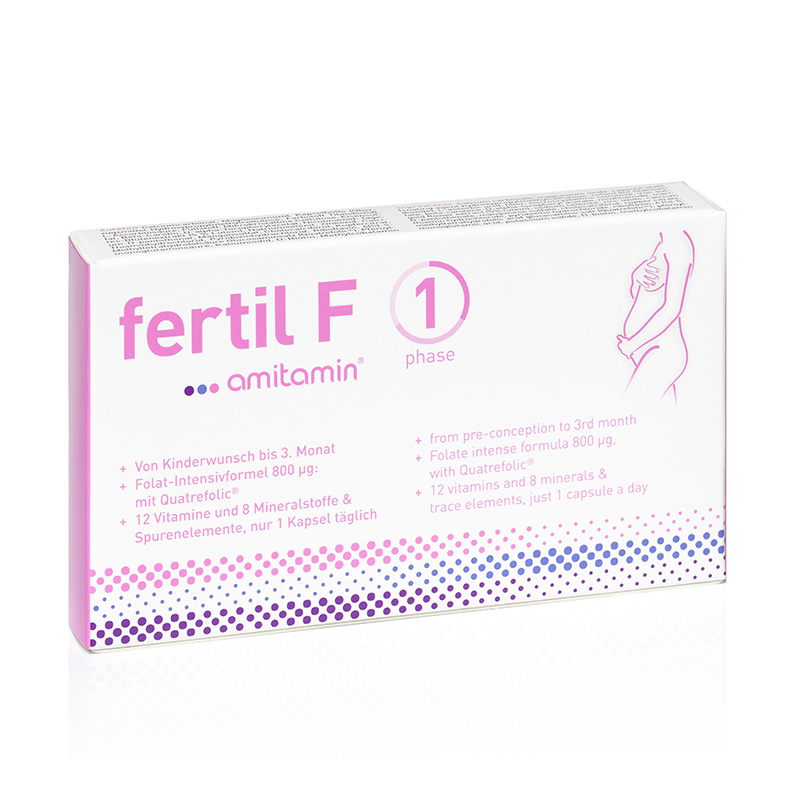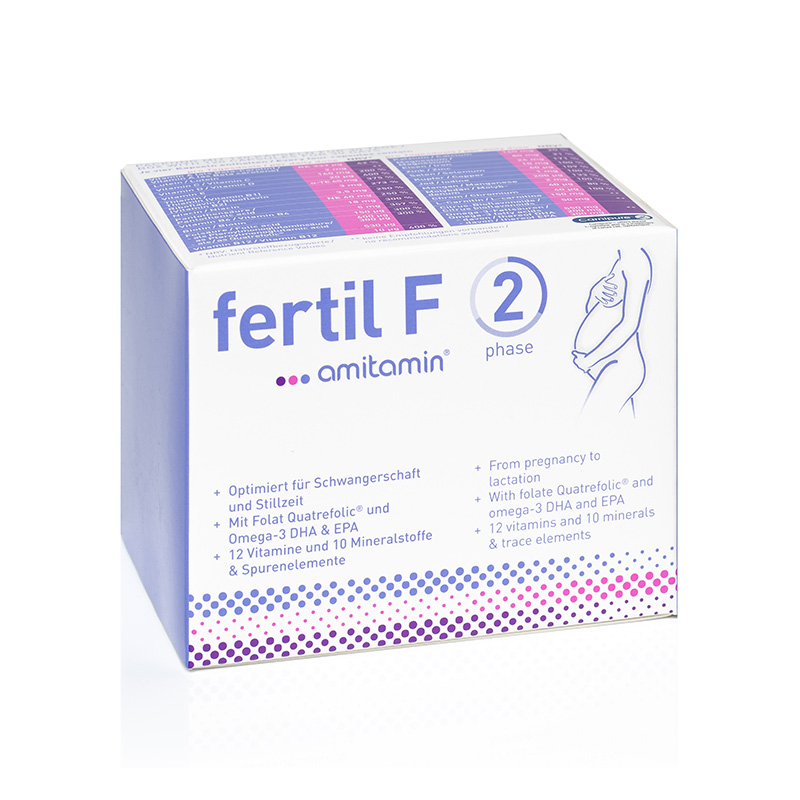Is it at all sensible or necessary to take additional vitamins before or during pregnancy?
Let’s summarize the scientifically proven facts about the importance of a healthy and balanced diet during pregnancy.
There are generally recognized studies and clear recommendations from neutral sources on these two central questions:
- Don’t we already eat a healthy enough diet and take in enough vitamins and trace elements?
- Are there any special requirements before and during pregnancy or while breastfeeding?
Aren’t we eating healthily enough as it is?
Opponents of food supplements often claim that additional vitamin intake in concentrated form (food supplements) is unnecessary. After all, you can eat a balanced and healthy diet. The following is also legally required on all food supplement packaging: “Food supplements are not a substitute for a balanced and healthy diet and lifestyle.” No one disputes this: you can basically eat a healthy and balanced diet without any deficiencies of vitamins and trace elements or the omega-3 fatty acids from fish DHA and EPA. Among other things, the DGE e.V. recommends eating at least five portions of fresh fruit and vegetables a day and oily sea fish twice a week.
Desire and reality of vitamin supply
BUT: In reality, the entire population and especially the group of women between 19 and 35 eat in such a way that a large proportion of them have deficiencies in a whole range of vitamins, trace elements and minerals.
A study commissioned by the Federal Ministry of Food, Agriculture and Consumer Protection has provided evidence of this(National Consumption Study 2008).
The eating habits of over 20,000 Germans were precisely recorded and analyzed over the course of a year.
The proportion of women between 19 and 35 who in reality do not even consume the recommended minimum amount (NRV) is:
- Folic acid: 80% of women are below the minimum NRV of 200 mcg daily,
- Vitamin B1: 29% of women are below the minimum NRV of 1.0 mcg daily,
- Vitamin B2: 24% of women are below the minimum NRV of 1.4 mcg daily,
- Vitamin B6: 14% of women are below the minimum NRV of 1.4 mcg daily,
- Vitamin B12: 30% of women are below the minimum NRV of 2.5 mcg daily,
- Vitamin D: 93% of women are below the minimum NRV of 5 mcg daily,
- Vitamin C: 32% of women are below the minimum NRV of 80 mg daily,
- Vitamin E: 48% of women are below the minimum NRV of 12 mg daily.
Actual supply of minerals and trace elements
The situation is not much better when it comes to minerals and trace elements.
Women between the ages of 19 and 35 have a diet low in iron, zinc, calcium and magnesium:
- 81% of women do not consume enough iron,
- 21% do not consume enough zinc,
- 32% do not consume enough magnesium
- 51% do not consume enough calcium.
As a result, one can only come to the conclusion that the vast majority of the population should and must change their diet considerably in order to consume a minimum level of micronutrients (vitamins, trace elements, essential fatty acids, amino acids).
Food supplements – and thus the targeted improvement of the intake of essential vitamins and trace elements – can help to compensate for these deficits, especially during pregnancy.
How high is the need for vitamins and trace elements during pregnancy?
There is a saying that you should eat for two during pregnancy.
This is bold, but not entirely true.
Even in the second and third trimester, a pregnant woman only needs about 15% – 20% extra energy (carbohydrates, proteins, fats).
In the first trimester, the additional energy requirement is only 10%.
However, pregnant women need 50% to 100% more of various vitamins and trace elements – in some cases starting as early as possible before pregnancy (folic acid!).
The generally recognized additional requirement (DACH reference values of the German Nutrition Society) during pregnancy and breastfeeding is between 15% and 100% above the normally valid minimum NRV values.
Additional vitamin requirements during pregnancy:
Additional vitamin requirement during breastfeeding:
Additional requirements for trace elements and minerals during pregnancy:
Additional requirements for trace elements and minerals during breastfeeding:
Sinnvolle Nahrungsergänzung vor und während der Schwangerschaft und Stillzeit
Gerade vor und während der Schwangerschaft bis zum Ende der Stillzeit ist deshalb eine gute Versorgung mit Vitaminen, Spurenelementen, Mineralstoffen und Omega-3 Fettsäuren DPA und EPA bessonders wichtig.
amitamin® fertil F phase 1 und amitamin® fertil F phase 2 sind hochwertige, umfassende Nahrungsergänzungen mit bioaktivem Folat Quatrefolic® und über 20 Mikronährstoffen.
Günstige Apothekenqualität, Made in Germany, und auch versandkostenfrei direkt zu Ihnen nach Hause – direkt auf amitamin.com!
This post is also available in: French German Italian Spanish Portuguese (Portugal) Dutch Swedish Arabic Turkish Bosnian


